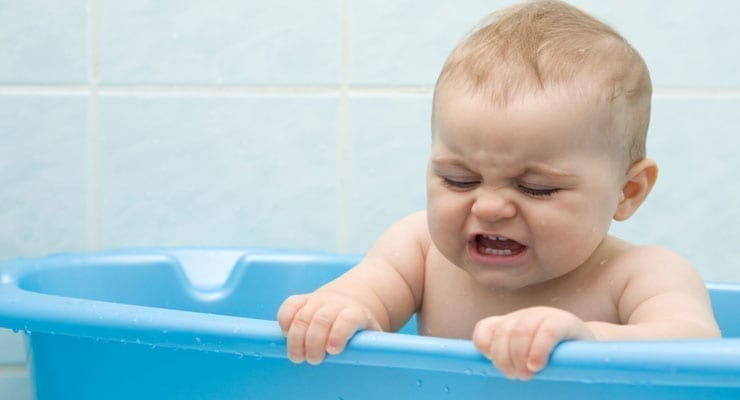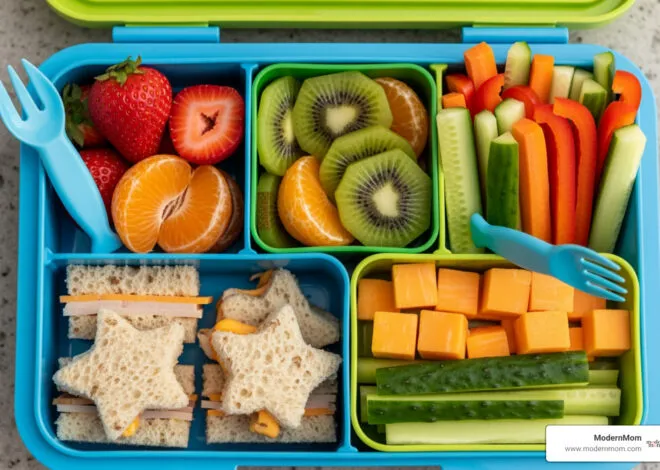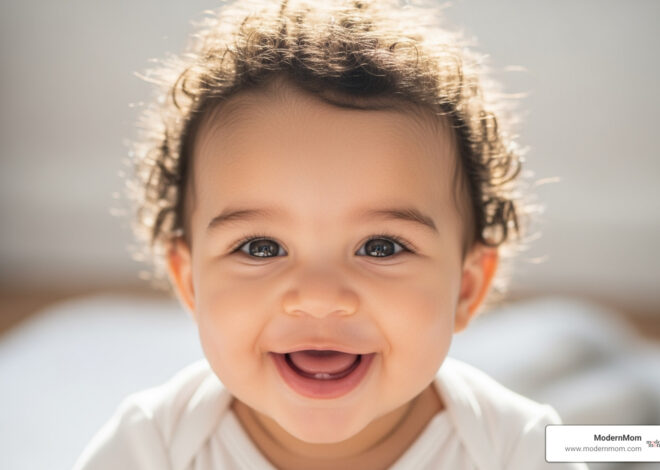As your baby gets her new set of chompers, she might pick up a new annoying habit. Teeth grinding — or bruxism — is common in babies, especially those who are currently teething. Though this behavior might be grinding on your nerves, there’s usually no reason to be concerned. This too shall pass.
Why Babies Grind
If you’ve ever found yourself unconsciously running your tongue over a chipped tooth or a small piece of food stuck in your teeth, you might understand why your baby is grinding his teeth. Babies experience new sensations all the time, and having teeth in his mouth is something new and different. Most of the time, your baby is just grinding his teeth because he enjoys the feeling. However, he may also be grinding if there is some pain, such as teething pain or an earache.
Effects on Health
Adults who grind their teeth must worry about jaw muscle pain or reducing the size of the teeth. You don’t have to worry about this with your baby, though, according to AskDrSears.com. There are no harmful effects of baby teeth grinding.
Stopping Teeth Grinding
The best way to stop teeth grinding is to distract your baby with something else that’s interesting. If you suspect that she’s teething, a cold teething toy may do the trick, but she may also stop simply if you talk to her or pick her up.
Time Frame
Expect occasional grinding throughout the teething process. Most babies stop once their teeth grow in and they become used to them. Occasionally, a child may continue teeth grinding until the school age years.
When to Worry
If your child is still grinding his teeth when his adult teeth start coming in, talk to his dentist. Since the adult teeth will stay with him for the rest of his life, it’s important to take care of them as early as possible. He may require a mouth guard or additional treatment.





